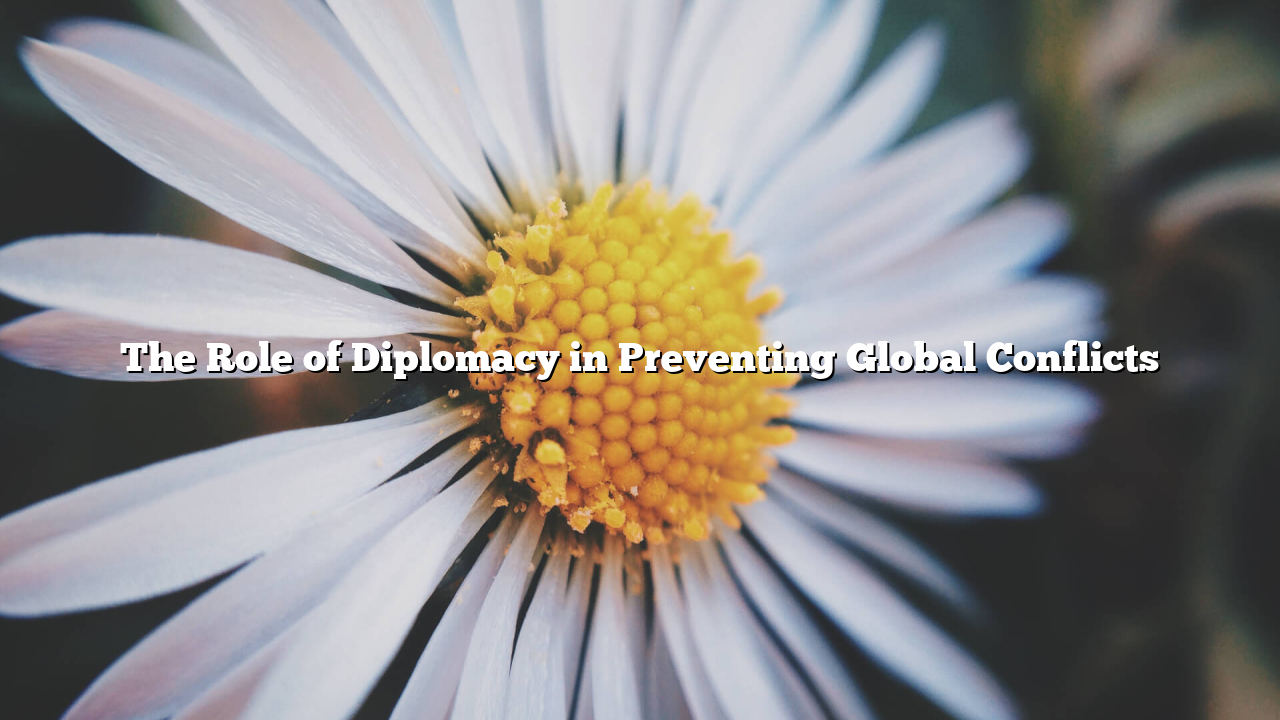In an increasingly interconnected world, diplomacy remains one of the most vital tools for maintaining peace and stability. While military power and economic sanctions often dominate headlines, behind the scenes, diplomatic negotiations quietly shape international relations. From preventing wars to addressing global vikingtoto crises like climate change and pandemics, diplomacy serves as the foundation of cooperation between nations.
The primary function of diplomacy is conflict prevention. By opening channels of communication, diplomats help reduce misunderstandings that could otherwise escalate into violence. Historical examples show that dialogue often succeeds where force fails. The Cuban Missile Crisis of 1962, for instance, was resolved not through military confrontation but through intense diplomatic negotiations. This event highlighted the importance of dialogue in avoiding catastrophic outcomes.
Modern diplomacy extends far beyond traditional state-to-state relations. Today, international organizations such as the United Nations, the European Union, and the African Union provide platforms for multilateral dialogue. These institutions facilitate discussions on global issues ranging from security to human rights. Diplomats must navigate not only national interests but also global responsibilities, making the profession more complex than ever.
Economic diplomacy is another growing dimension. Trade agreements, foreign aid, and investment treaties shape international cooperation as much as political alliances. Countries increasingly use economic incentives to strengthen partnerships or resolve disputes. This approach reflects the reality that in a globalized economy, prosperity and stability are deeply intertwined.
However, diplomacy faces challenges in the modern era. The rise of populism and nationalism in several countries has made international cooperation more difficult. Leaders who prioritize domestic audiences over global responsibilities sometimes undermine long-standing alliances. Additionally, the digital revolution has transformed diplomacy itself, with social media platforms becoming tools for public diplomacy and, at times, propaganda.
Despite these challenges, diplomacy continues to prove its worth. Recent efforts to negotiate ceasefires, tackle climate change, and respond to health emergencies demonstrate that global problems require collective solutions. Diplomats, often working quietly behind the scenes, remain essential in building the trust and compromise needed to avoid conflict.
In conclusion, diplomacy is not a relic of the past but a vital instrument for the future. As global challenges become more interconnected, the need for skilled negotiation, patience, and cooperation will only grow. Without diplomacy, the alternative is too often conflict—a cost the world can no longer afford.
